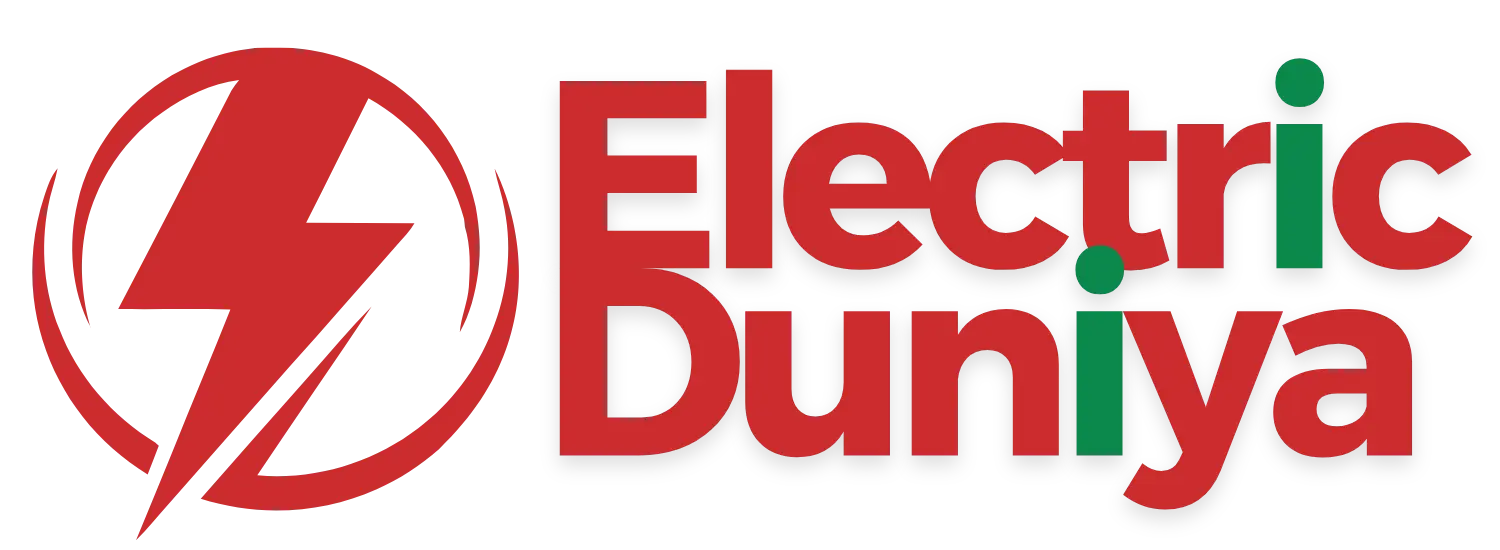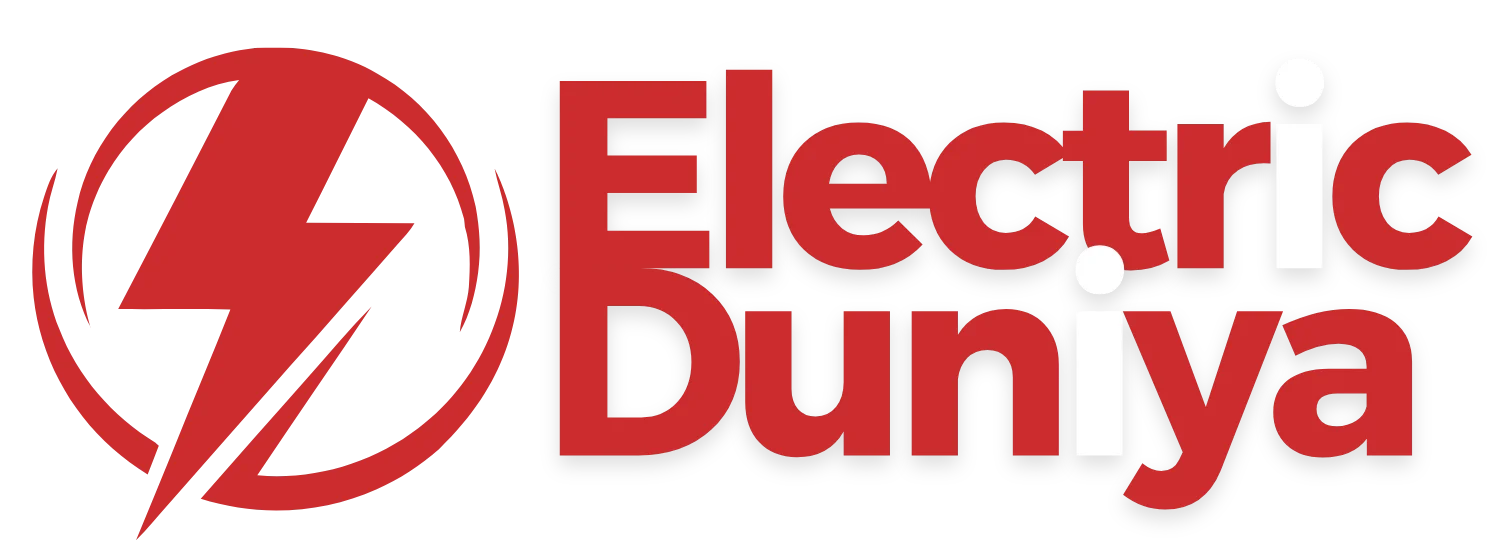Watt-Hour
A watt-hour (Wh) is a unit of energy that represents the amount of power consumed or delivered over one hour. In EVs, it measures battery capacity and energy usage.
Overview
The watt-hour is a cornerstone unit in the field of electricity and energy storage. While watts describe the rate of power at a specific moment, watt-hours quantify the total amount of energy transferred or consumed over time. This distinction makes Wh crucial in understanding how long an electric vehicle (EV) can operate before requiring a recharge.
In EV terminology, battery capacity is often expressed in kilowatt-hours (kWh). For example, a 60 kWh battery can theoretically deliver 60 kilowatts of power for one hour or 6 kW for 10 hours. By framing EV range, charging costs, and efficiency, the watt-hour becomes one of the most practical units for both manufacturers and drivers.
How Does It Work?
The watt-hour is calculated as:
Energy (Wh) = Power (W) × Time (hours)
In EVs, this works in several ways:
-
Battery Capacity: A battery rated at 75 kWh can supply 75,000 watt-hours of energy, which determines how far the EV can travel on a full charge.
-
Energy Consumption: If an EV consumes 200 Wh per kilometer, a 75 kWh battery provides an estimated range of 375 km.
-
Charging Measurement: Chargers deliver energy in watt-hours or kilowatt-hours, and electricity bills are based on kWh consumed during charging.
This time-based energy measure ties together performance, cost, and range into one easily understandable metric.
Features of Watt-Hour
-
Time-Based Unit: Captures energy delivered over a duration, not just instantaneous power.
-
Scalable Measurement: Used in Wh for small electronics, kWh for EV batteries, and MWh for grid-scale storage.
-
Direct Cost Relevance: Electricity billing is based on kWh, making it a consumer-friendly measure.
-
Performance Indicator: Links energy consumption with real-world driving range.
-
Comparative Benchmarking: Enables easy comparison between different EVs and their battery sizes.
-
Integration with Efficiency Metrics: Connects to Wh/km or Wh/mile to quantify real-world EV efficiency.
Applications in EV
The watt-hour is deeply embedded in multiple aspects of EV functionality:
-
Battery Capacity Ratings: Defines how much energy an EV can store—e.g., Tesla Model 3 Long Range with ~82 kWh battery.
-
Energy Consumption Metrics: Expressed in Wh/km, helping consumers evaluate vehicle efficiency across models.
-
Charging Sessions: Determines the total energy delivered by Level 2 wallboxes (e.g., 11 kW) or DC fast chargers (e.g., 150 kW).
-
Fleet Management: Operators calculate cost-per-kWh and Wh/km usage to manage total operating expenses.
-
Range Estimation: Provides drivers with predictable information on how far they can travel on available charge.
Real-world example: A Hyundai Kona Electric with a 64 kWh battery and an efficiency of ~150 Wh/km can achieve over 400 km on a single charge.
Conclusion
The watt-hour is the bridge between electrical theory and EV practicality, providing a simple yet powerful way to understand how much energy a vehicle stores, consumes, and costs to operate. By standardizing energy capacity and efficiency, Wh empowers drivers to make informed choices about range, charging, and overall ownership experience. As EVs continue to evolve, the watt-hour will remain the universal metric of electric mobility.

